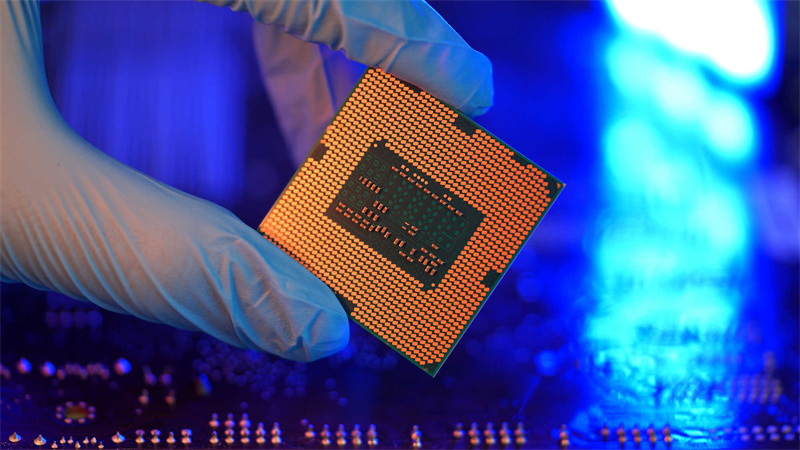In response to rising geopolitical tensions and increasing market uncertainty, many semiconductor companies are seeking more resilient supply chains. As part of this strategy, “Made in China” has become a key approach for accessing the rapidly growing Chinese market. European and American semiconductor giants are ramping up investments in China, particularly due to the country’s robust electric vehicle (EV) sector, which has become a significant draw for companies like Infineon, STMicroelectronics, and NXP.
The Growing Importance of China’s EV Market
China has established itself as the world’s largest new energy vehicle (NEV) market, attracting major players in the semiconductor industry. With Western EV markets facing slower growth, China’s market is becoming even more critical for European chip manufacturers. According to STMicroelectronics’ manufacturing president, Fabio Gualandris, failing to manufacture chips in China would mean missing out on the country’s rapid EV development cycle. Local production and R&D in China allow semiconductor companies to better respond to customer demands while reducing costs.
Shift Toward Localized Chip Production in China
In line with this shift, Infineon has adjusted its production strategy by moving some manufacturing processes to Chinese foundries. Despite operating a production base in Wuxi, China, since 1996, Infineon’s Wuxi facility focuses primarily on backend assembly and packaging. Infineon currently does not have its own wafer manufacturing facility in China, leading to speculation that some frontend chip manufacturing might be outsourced to Chinese foundries in response to demand from local clients.
Similarly, NXP, a leading semiconductor manufacturer, is expanding its footprint in China to create a complete Chinese supply chain. The company has already established a packaging and testing facility in Tianjin and has launched the AIoT Innovation Center in China, showcasing its commitment to serving the local market.

Strategic Partnerships with Chinese Firms
In addition to shifting production to China, several Western semiconductor giants are also deepening their partnerships with local Chinese firms. On November 21, STMicroelectronics announced a collaboration with Hua Hong Semiconductor, China’s second-largest foundry, to manufacture 40nm microcontroller units (MCUs). Production is set to begin by the end of 2025.
STMicroelectronics has also formed a joint venture with Sanan Optoelectronics in China, focusing on the development and manufacturing of high-performance silicon carbide (SiC) power devices. This venture represents an investment of approximately $3.2 billion.
Infineon, for its part, is working with Chinese companies like TankeBlue and SICC for the supply of SiC substrates, while NXP is partnering with TSMC, SMIC, and Hua Hong to develop 16/28nm, 40nm, and 180nm technologies.

A Comprehensive Approach to China’s Semiconductor Market
The expanded investments by European and American semiconductor companies include both manufacturing and R&D activities, signaling a long-term commitment to the Chinese market. Notable investments and strategies include:
● STMicroelectronics: Partnership with Hua Hong Semiconductor to produce 40nm MCUs and a joint venture with Sanan Optoelectronics for SiC production in China. Additionally, STMicroelectronics is expanding its backend packaging and testing facilities in Shenzhen.
● NXP: Expanding production in China, including a packaging and testing plant in Tianjin and a focus on electrification applications in the region.
● Infineon: Shifting production to Chinese foundries and partnering with TankeBlue and SICC for SiC substrate supply.
● Texas Instruments: Establishing a comprehensive manufacturing site in Chengdu, which includes wafer fabrication, packaging, and testing facilities. A second packaging and testing plant in Chengdu is set to reach full capacity by 2023.
● Micron: Investing over 11 billion RMB in its Xi’an production facility with plans to further expand investments in China.
● Intel: Expanding its packaging and testing facilities in Shanghai and Chengdu to increase server chip production capacity.
As semiconductor giants align their strategies to meet the demands of China’s fast-growing market, their investments reflect a more localized, resilient approach to supply chain management, ensuring that they remain competitive in an increasingly complex geopolitical environment.
+86 191 9627 2716
+86 181 7379 0595
8:30 a.m. to 5:30 p.m., Monday to Friday
